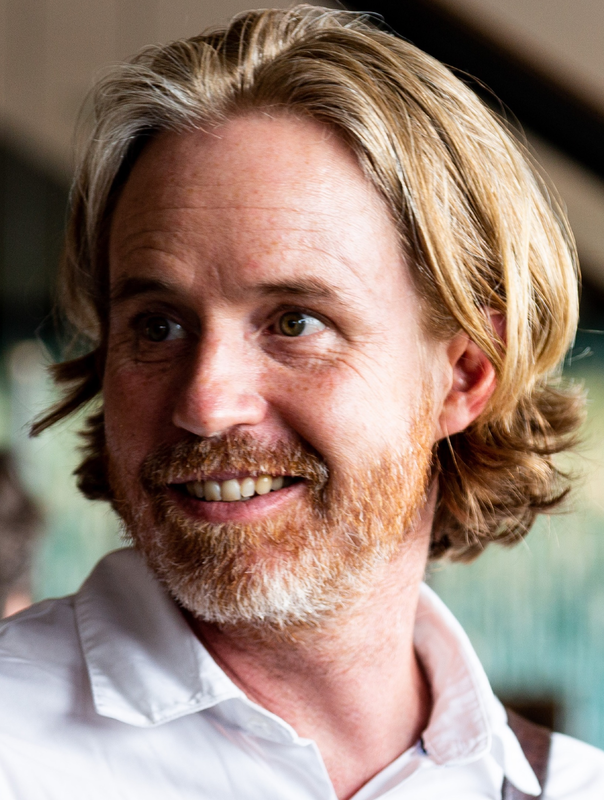|
These class notes may be valuable to anyone responsible for leading complex project teams. The notes form part of the module "Project Organisation" that I teach to Masters of Project Management (MPM) students in the Engineering Faculty at the University of Pretoria. The module looks at the unconscious dynamics affecting project teams as systems within a wider systemic context.  Photo by Jo Van de Kerkhove on Unsplash Photo by Jo Van de Kerkhove on Unsplash There is only one way in which one can understand anything about the teams you are part of, and that is to acknowledge that your team, like all other human systems (families, businesses, governments), is imperfect. As mentioned in the introduction, acknowledging imperfection opens us up for learning. Pretending to be perfect or ideal makes us want to hide mistakes and blame others in order for the perfect image to survive, come what may. Or it makes us want to avoid seeing the signs for what they are until it is often too late. Think of the o-ring on the Challenger space shuttle, or the 'perfect family' that suddenly falls apart.
On the other hand, a culture where people are genuinely interested in constant improvement, is one where mistakes can be scrutinised, owned up to and used proactively as 'gifts' in our true pursuit to learn and improve. A culture where mistakes are punished, ridiculed or ignored because they are experienced as an insult to the ideal of perfection, is one where mistakes are hidden, blamed on others or projected onto scapegoats in order for people to 'survive' the mistake, rather than learn from it. It seems obvious that we need to inculcate a willingness to make mistakes visible for exploration, learning and improvement. But this is not so easy. Leaders and managers often feel that they have to be perfect and that they ought to have the correct answers to all questions. Also, our own experiences of being let down by those in charge in our past, often make us very harsh critics of leaders and managers in general, including ourselves. This zero tolerance towards mistakes and flaws in leaders (and therefor) in ourselves, makes it hard to create a culture where mistakes and flaws can be seen as part of being human. And as part of being involved, with all of our weaknesses, clumsiness and best intentions, to try and contribute something valuable together.
0 Comments
Your comment will be posted after it is approved.
Leave a Reply. |
This blogThis blog serves as a journal of thoughts, reflections, opinions, case discussions and lecture notes that I have created as part of my work with clients, students and colleagues. Plus some stories of journeys to faraway places. Categories
All
AuthorRead more about me here. Contact me: [email protected] Archives
March 2025
|
Copyright Dr. Jean Henry Cooper
Contact me: [email protected]

 RSS Feed
RSS Feed
